In the spring of 1966, Vasily Shukshin wrote a screenplay application for "The End of Razin."
WHY DID STEPAN RAZIN GO TO SOLOVKI?
Vasily Shukshin: "Much has been written about Razin. However, everything I have managed to read about him in fiction seems weak to me. He strides too easily and routinely through the pages of books: a daredevil, a soul of freedom, a defender and leader of the common folk, a terror to boyars, voivodes, and nobility. All true. But surely, it’s not that simple...
Believe that it was not all in vain: our songs, our tales, our victories of incredible hardship, our sufferings — do not trade all this for a pinch of tobacco... We knew how to live. Remember this. Be a human being.
Vasily Shukshin. Words 39 days before death. 21.08.1974
He is a national hero, and strangely enough, one must "forget" about this. One must free oneself from the "magical" aching gaze of his, which frightens and attracts through the centuries. One must, as much as possible, "take away" from him the beautiful legends and leave the man. The people will not lose the Hero, the legends will live, and Stepan will become closer. He was a complex nature, in many ways contradictory, wild, and grandiose. It could not be otherwise. And yet — a cautious man, cunning, a smart diplomat, extremely curious and enterprising. Spontaneity is spontaneity... In the 17th century in Russia, it surprised no one. What surprises is Razin’s "luck," which accompanied him so long. (Up to Simbirsk.) Many of his actions are unclear: one year he goes to Solovki on a pilgrimage, and less than a year later he breaks monks’ arms over his knees and blasphemes the church. How to understand this? I think it’s possible if you say this: he knew how to control the crowd...
Why "The End of Razin?" He is all here, Stepan: his inhuman strength and tragedy, his despair and unwavering conviction that "Moscow must be shaken." If only prideful ambitions and blood revenge drove him, he wouldn’t have lasted to the execution place. He knew what he was going for. He was not deceived...
ZOSIMA OF SOLOVKI AND STEPAN RAZIN
Steppe... The silence and warmth of the world were pierced from above, from the sky, by silver threads of trills. Peace. And he, Stepan, still beardless, a young Cossack, rides to the Solovetsky Monastery to pray to Saint Zosima.
"Is it far, Cossack?" asked an old peasant he met.
"To Solovki. To pray to Saint Zosima, Father."
"A good deed, son. Here, light a candle for me too." — The peasant took a rag from behind his sheepskin, unwrapped it, took out a coin, and handed it to the Cossack.
"I have some, Father. I will light it."
"No, son. You light this one, and this is from me. Here. You — to Zosima, and from me — to Saint Nicholas the Wonderworker, that’s ours."
Stepan took the coin.
"What shall I ask for you?"
"What I want for myself is what I want for you. The eyes know what we need."
"They know, but I don’t," Stepan laughed.
The peasant laughed too:
"You know! How do you not know? We know, and they know."
The old man disappeared, everything got mixed up and painfully twisted in his head. Only one painful desire remained: to quickly reach some river and drink water to his heart’s content... But even that desire — was no longer his, only pain again. Lord, pain!.. The soul grieves.
But again — through the pain — it seemed or maybe it was remembered: Stepan came to the Solovetsky Monastery. And entered the church.
"Which Zosima?" he asked a monk.
"There!.. Why do you go to pray — and don’t know to whom? Are you from the Cossacks?"
"From the Cossacks."
"Here is Zosima."
Stepan knelt before the icon of the saint. Crossed himself... And suddenly the saint thundered at him from the wall:
"Thief, traitor, crucifier, soul-killer!.. You have forgotten the holy cathedral church and the Orthodox Christian faith!.."
Painful! The heart bursts — resists the terrible judgment, does not want to accept it. The judgment instills horror, horror and numbness. Better death, better — not to be, and that’s all. (Vasily Shukshin "I Came to Give You Freedom". Novel. M.: Sovremennik, 1982. 383 p.)
Vasily Shukshin
Stenka Razin
His name was Vaseka. Vaseka was: twenty-four years old, one eighty-five tall, a large duck nose... and an impossible character. He was a very strange guy — Vaseka.
He worked in all kinds of jobs after the army! Shepherd, carpenter, trailer, stoker at a brick factory. For some time, he accompanied tourists around the nearby mountains. He didn’t like any place. Having worked a month or two at a new place, Vaseka would come to the office and take his paycheck.
— You’re a strange man, Vaseka. Why do you live like this? — they asked in the office.
Vaseka, looking somewhere above the clerks, answered briefly:
— Because I am talented.
The clerks, polite people, turned away, hiding smiles. And Vaseka, carelessly putting money in his pocket (he despised money), left. And he walked down the alley with an independent look.
— Again? — they asked him.
— What “again”?
— Quit?
— That’s right! — Vaseka saluted militarily — Any more questions?
— Going to make dolls? Heh...
On that subject — about dolls — Vaseka did not talk to anyone.
At home, Vaseka gave the money to his mother and said:
— That’s all.
— Lord!.. What am I to do with you, Kolomna measure? You’re such a crane! Huh?
Vaseka shrugged: he himself did not yet know what to do next — where to go to work.
A week or two passed, and work was found.
— Will you study to be an accountant?
— Okay.
— But... it’s very serious!
— Why the cries?
"Debit... Credit... Income... Expense... Entry... Bypass... — And money! Money! Money!..."
Vaseka lasted four days. Then he got up and left straight from the lesson.
— Ridiculous, — he said. He simply did not understand the brilliant science of economic accounting.
Lately, Vaseka worked as a hammerman. And here, having waved a heavy sledgehammer for about two weeks, Vaseka
Notification of Changes to the Quarterly Report Text
Indicators of Educational Organization Activities Subject to Self-Assessment for 2017
Chemistry Course Curriculum: Topics, Practical Work, and Assignments
The Project-Based Learning Method in Technology Education for School Students

 Deutsch
Deutsch
 Francais
Francais
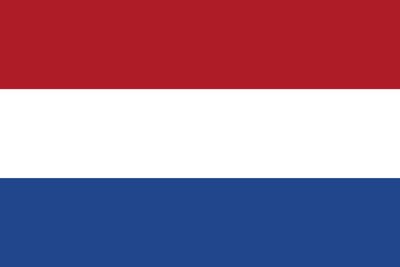 Nederlands
Nederlands
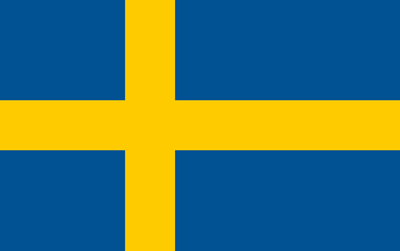 Svenska
Svenska
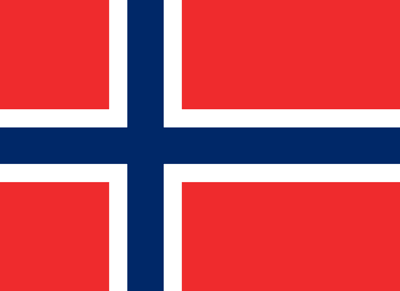 Norsk
Norsk
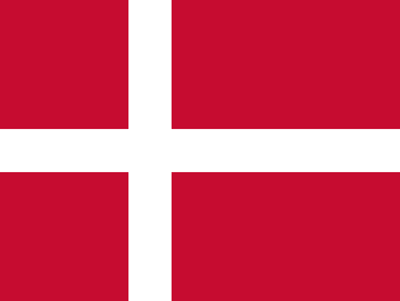 Dansk
Dansk
 Suomi
Suomi
 Espanol
Espanol
 Italiano
Italiano
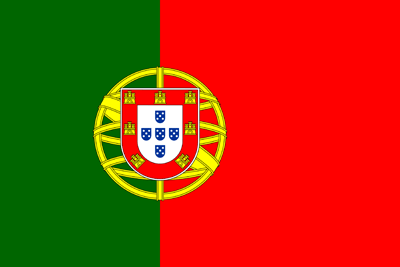 Portugues
Portugues
 Magyar
Magyar
 Polski
Polski
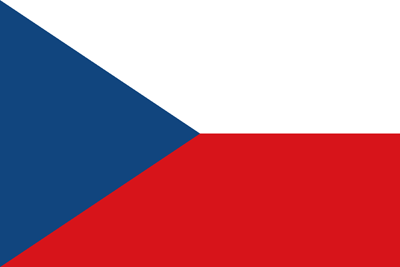 Cestina
Cestina
 Русский
Русский